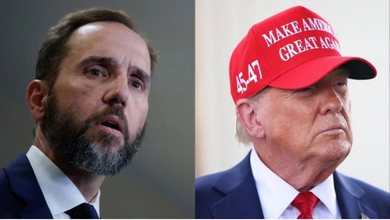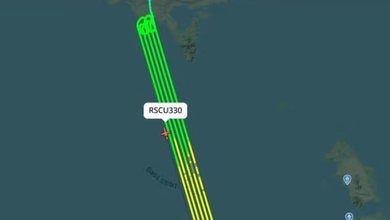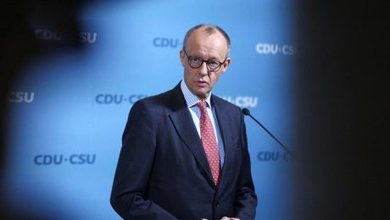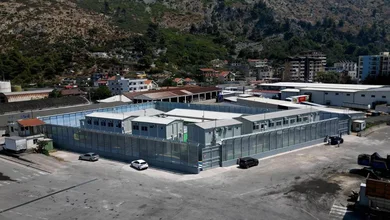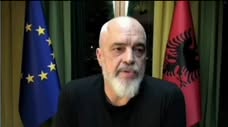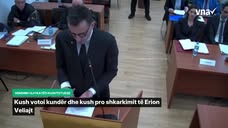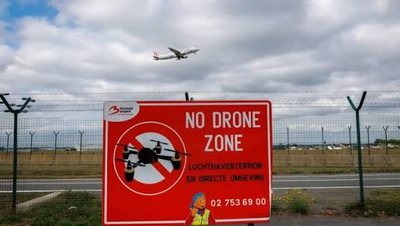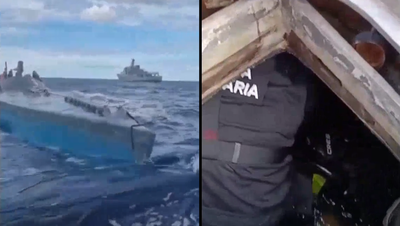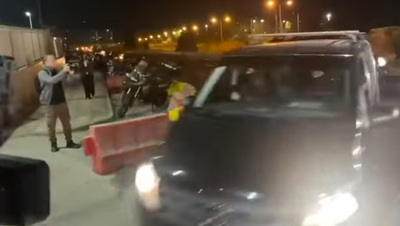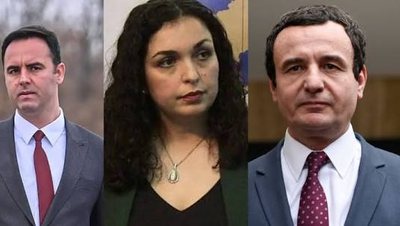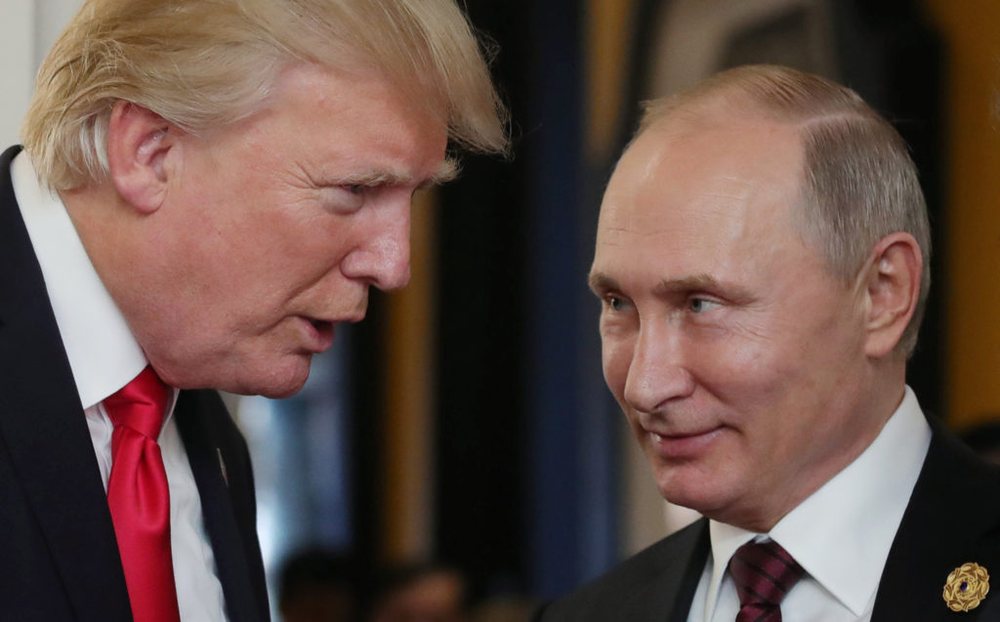
It is highly unusual for US presidents to publicly order the relocation of US nuclear submarines, because such actions are "top secret".
Donald Trump deliberately broke with this tradition and announced on social media that he would send two nuclear submarines to "appropriate regions." This, he explained, refers to statements by former Russian President Dmitry Medvedev - which he called "stupid and inflammatory."
Later, before leaving Washington by helicopter for the weekend, Trump explained his decision: "A former Russian president threatened us. We will protect our citizens." If Medvedev is talking about nuclear weapons, America should be ready, Trump said. "And we are fully prepared," he stressed.
But Trump did not reveal which nuclear submarines were involved and where they were sent, nor did he say whether they were just nuclear-powered submarines or whether they actually carried nuclear weapons.
Medvedev then provoked Trump again, with the question: "Where did you send these subs, to Epstein Island?" Trump's reaction to this provocation is expected.
Verbal clash between Trump and Medvedev
Medvedev and Trump have previously had another verbal clash. The noise about nuclear weapons was the peak of the verbal conflict between Trump and Medvedev on social media.
Medvedev was once considered a moderate politician in the United States, but since the start of the war in Ukraine he has become Russian President Vladimir Putin's "chief radical."
After Trump shortened his ultimatum to Putin to ten days before tough sanctions against Russia would take effect, Medvedev threatened a direct military conflict between Russia and the United States on the X platform.
He insulted Trump, even calling him "grandfather." Trump responded: "A failed former president of Russia," he said of Medvedev, adding that he was "very disappointed in Putin."
After that, Trump publicly said he would move two nuclear submarines near Russia, which is unusual because such steps are kept secret.
Former Trump advisor: "They're already there"
Harsh criticism of Trump's reaction also came from John Bolton, his former national security adviser, who is now one of his harshest critics.
Speaking to CNN, Bolton stressed that there was no need to relocate US nuclear submarines: "A sufficient number of them are already capable of counterattacking in the event of a Russian nuclear attack."
"They shouldn't be sent there, because that's where they are - and hopefully they will remain undetected," Bolton said.
"This is the right message for Putin"
On the other hand, former US Secretary of Defense and Director of the Central Intelligence Agency (CIA) in the Obama administration, Leon Panetta, supported Trump's statement: "It's the right message for Putin. He often behaves irresponsibly and threatens his nuclear capabilities. This is not acceptable."
Putin rarely reacts to words, but rather to actions, he says.
On the other hand, former NATO commander in Europe, Wesley Clark, opposes this move by Trump. If Trump now threatens with nuclear weapons like Putin, this will only increase people's fear of war - which is exactly what Putin wants.
"It's just rhetoric. He (Trump) thinks it will look strong. But it hurts us and thus helps Russia," says Clark.
Clark argues that Trump should instead finally send more weapons to Ukraine. Only then will Putin realize that he cannot win the war against Ukraine.
Putin rejects Trump's ultimatum
Putin - although before the threats with nuclear submarines arrived - reacted calmly: in his first public reaction to the US president, who expressed disappointment, he said: "All disappointments come from exaggerated expectations."
A peaceful solution, Putin added, requires detailed talks - but not in public. "We agreed that we will conduct negotiations without cameras and without political noise, and that we will seek compromises." But that process has not yet begun, Putin says.
Trump has significantly intensified his rhetoric toward Moscow in recent weeks. After a series of heavy Russian air strikes in Ukraine, he called Kremlin leader Vladimir Putin "crazy" and accused him of "spreading a lot of nonsense" about Ukraine.
Trump later called Russia's actions in Ukraine "disgusting."/ DW



